Apart from lemonade, lemon juice is great for making marinades, sauces, salad dressings, and even buttermilk! But can you enjoy it as much if you have a gluten-related condition?
The answer is yes, you can have lemon juice because it is generally gluten-free, so long as it hasn’t been exposed to gluten during production. But do note that some lemon juice brands contain sulphites or sulfites which can be allergens. Always read the label.
What are these added ingredients, and what brands are gluten-free according to the manufacturer? Read on to find out!
Is Lemon Juice Always Gluten Free?
Lemon juice is gluten-free when taken from pure lemon extract, and unless added with gluten-containing ingredients, or exposed to them during production or handling.
The most widespread source of gluten is wheat. But you can also find it in barley, rye, oat, and other related grains, hybrid grains such as Khorasan, spelt, and emmer, and malt (source: Gluten Associated Medical Problems).
According to the FDA Code of Federal Regulations, lemon juice is unfermented juice that’s mechanically processed taken from matured lemons, and excluding the pulp (source: FDA Code of Federal Regulations).
Fresh and frozen fruits generally have no gluten. Processed fruits, on the other hand, may contain gluten. This is why it’s important to always read the packaging and ingredients list of a product (source: Celiac Disease Foundation).
Now, let’s shift our focus to another citrus delight: lime juice. Are you curious about which lime juice varieties are gluten-free? Delve into our detailed guide to ensure your culinary creations maintain both safety and flavor integrity.
The usual process of fresh fruit juice is that it is heat-treated, added with stabilizers or preservatives (depending on the manufacturer), and bottled (usually pasteurized) for safe consumption.
When fruit juice is made into a concentrate, water is removed and later added when making the final lemon juice. This lemon juice is called “Lemon juice from concentrate” or “Reconstituted lemon juice” (source: FDA Code of Federal Regulations).
The main reason for this is that concentrated juices have a lesser expense because of the reduced volume. This can raise a question regarding gluten exposure as the concentrate will have to be added with water or other ingredients again compared to lemon juice which doesn’t come from a concentrated form.
Because of this, look into the packaging. If you find a phrase saying “Produced in a facility that also processes wheat”, it’s best to avoid that lemon juice. The other things you need to look for are gluten, barley, spelt, graham, licorice, malt, rye, and others on this list.
However, lemon juice isn’t likely to be processed in a facility that also processes gluten or wheat. But it always pays to be careful.
The FDA doesn’t require manufacturers to put a “gluten-free” label on their products. But if they choose to, they need to comply with requirements and regulations.
Some lemon juice brands add sodium benzoate, sodium metabisulfite, sodium sulfite, and other sodium compounds. They are used as preservatives in acidic beverages and food.
Sodium benzoate is gluten-free. It is frequently used as a preservative to give a longer shelf-life to gluten-free food. It is favored for its antibacterial and antifungal properties (source: Food Chem).
Sodium metabisulfite is also gluten-free. It acts as a preservative and antioxidant in food. It also gives a long shelf life to food and beverage such as beer and wine (source: Food Chem).
Sodium sulphite is also free from gluten.
Other brands add sulphur sulfite or sodium sulphite which is a sulphite. Sulphites are generally gluten-free (source: Arizona Campus Health Service).
These are commonly found in lemon from concentrate; however, you can also find any of these ingredients in pure lemon juice.
On this note, some people are allergic to sulphites/sulfites or react negatively to it. Ask your doctor if you can have them.
Lemon Juice Brands and if They’re GF
Let’s look at some lemon juice brands available on the market and see if they’re gluten-free according to their labels or the manufacturer.
RealLemon
Realemon doesn’t indicate a “gluten-free” label on their lemon juice products and as well as on their website.
Concord Foods
Like, Realemon, Concord Foods doesn’t indicate a “gluten-free” label on its lemon juice products and as well as on their website.
Italia
Italia lemon juice also doesn’t have a “gluten-free” label on their lemon juice and didn’t mention that it is on their website.
Great Value
Great value 100% lemon juice from concentrate, a Walmart brand, has no “gluten-free” label like other brands, and also didn’t indicate it on their store.
Kroger
Kroger 100% Lemon Juice doesn’t have a “gluten-free” label and did not mention on their website that their product is free from gluten.
As mentioned, lemon juice is generally gluten-free and safe for people with Celiac disease and non-Celiac gluten sensitivity. The same is true for lemon concentrate, lemon cordial and frozen lemon juice if it comes from the juice of lemons.
Checking the packaging and the ingredients is a must, but, if you’re in doubt, contact the manufacturer for the gluten status of the lemon juice you have or planning to get. Hope this helps!


![Is Lemon Juice Usually Gluten Free? [By Type] A glass pitcher filled with lemon juice is placed on a white cloth. Surrounding the pitcher are four lemons and a green checkered napkin. The background features rustic wooden planks, while mint leaves garnish the scene for a fresh look, emphasizing its gluten-free appeal.](https://cuisineseeker.com/wp-content/uploads/2023/02/lemonade-768x512.jpg)





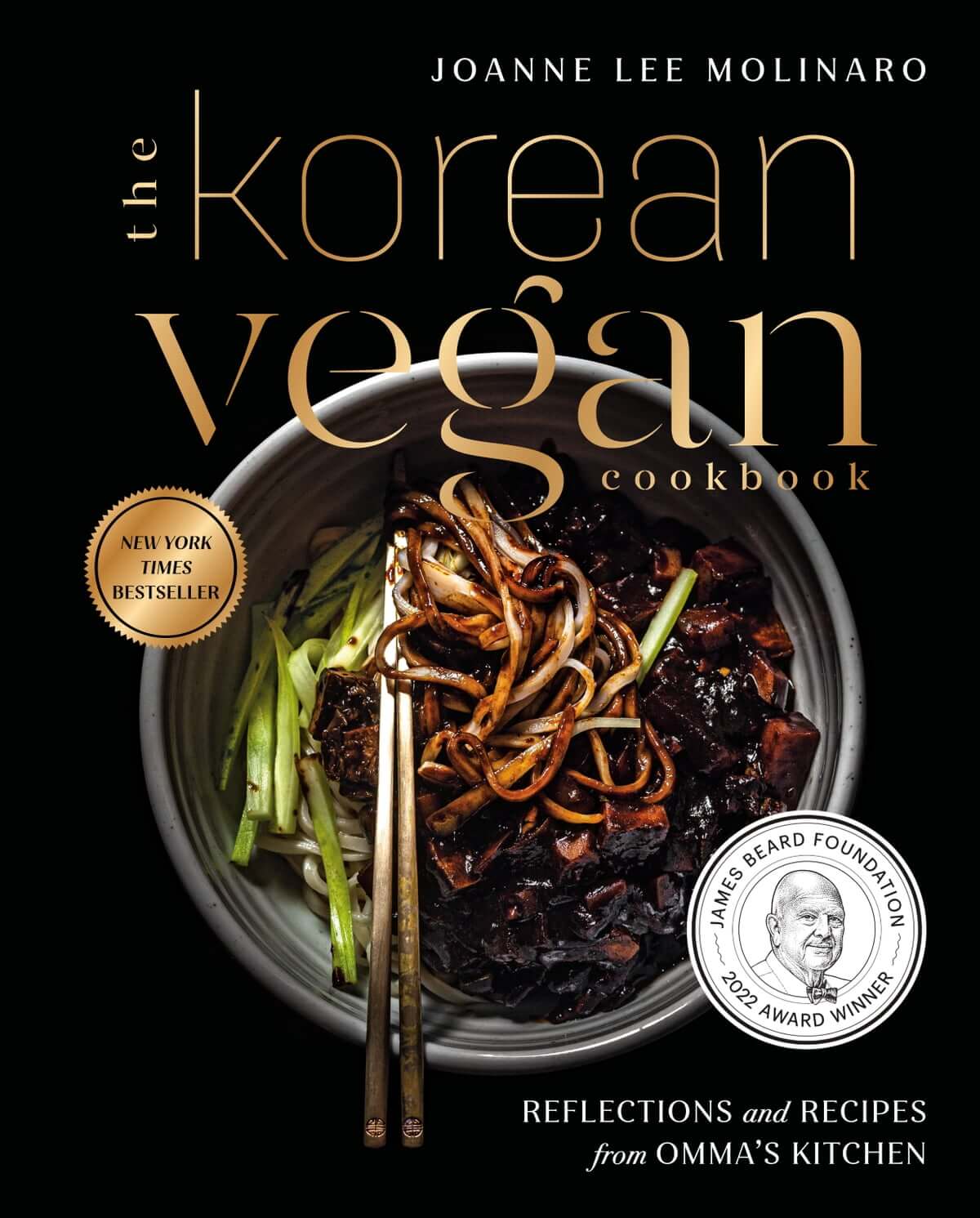
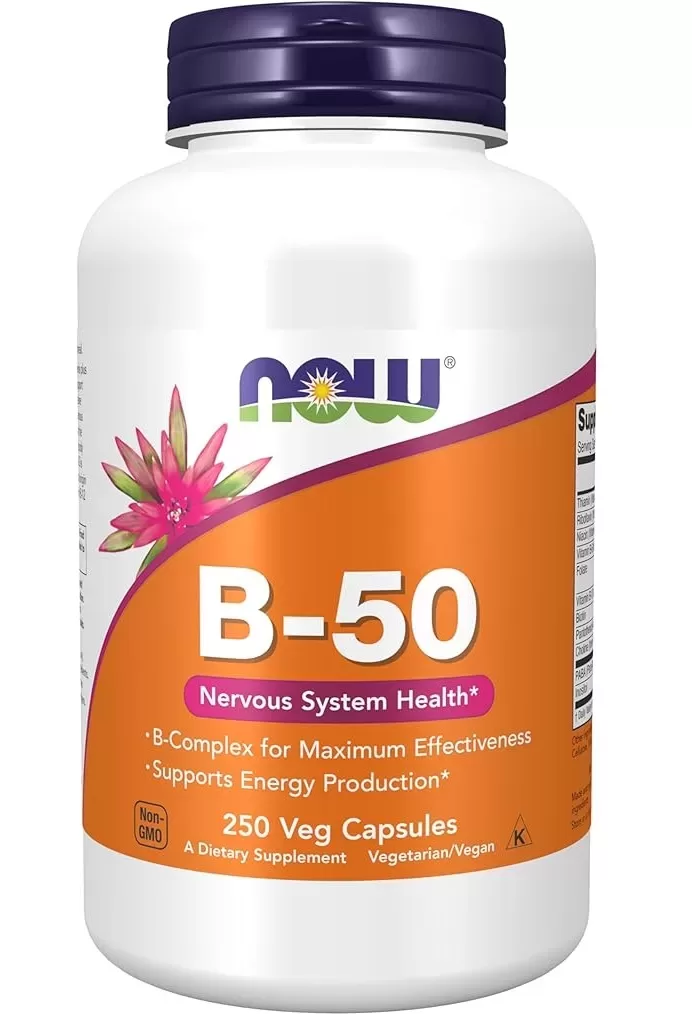
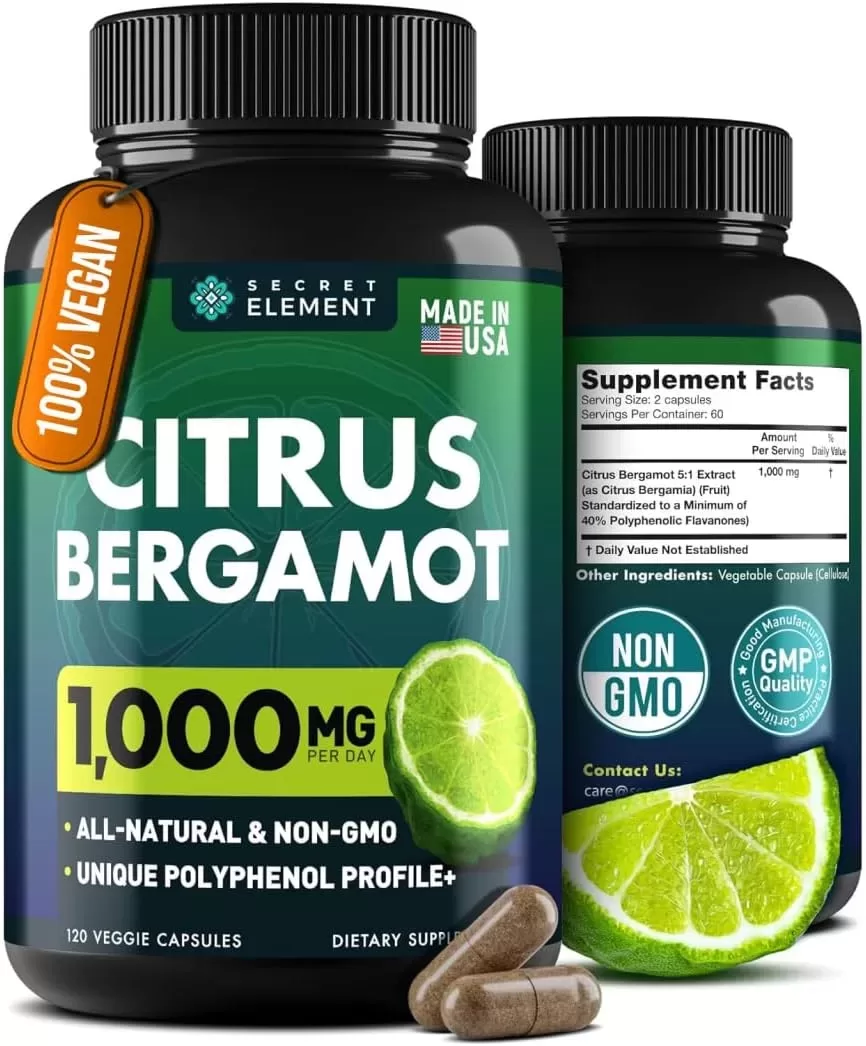
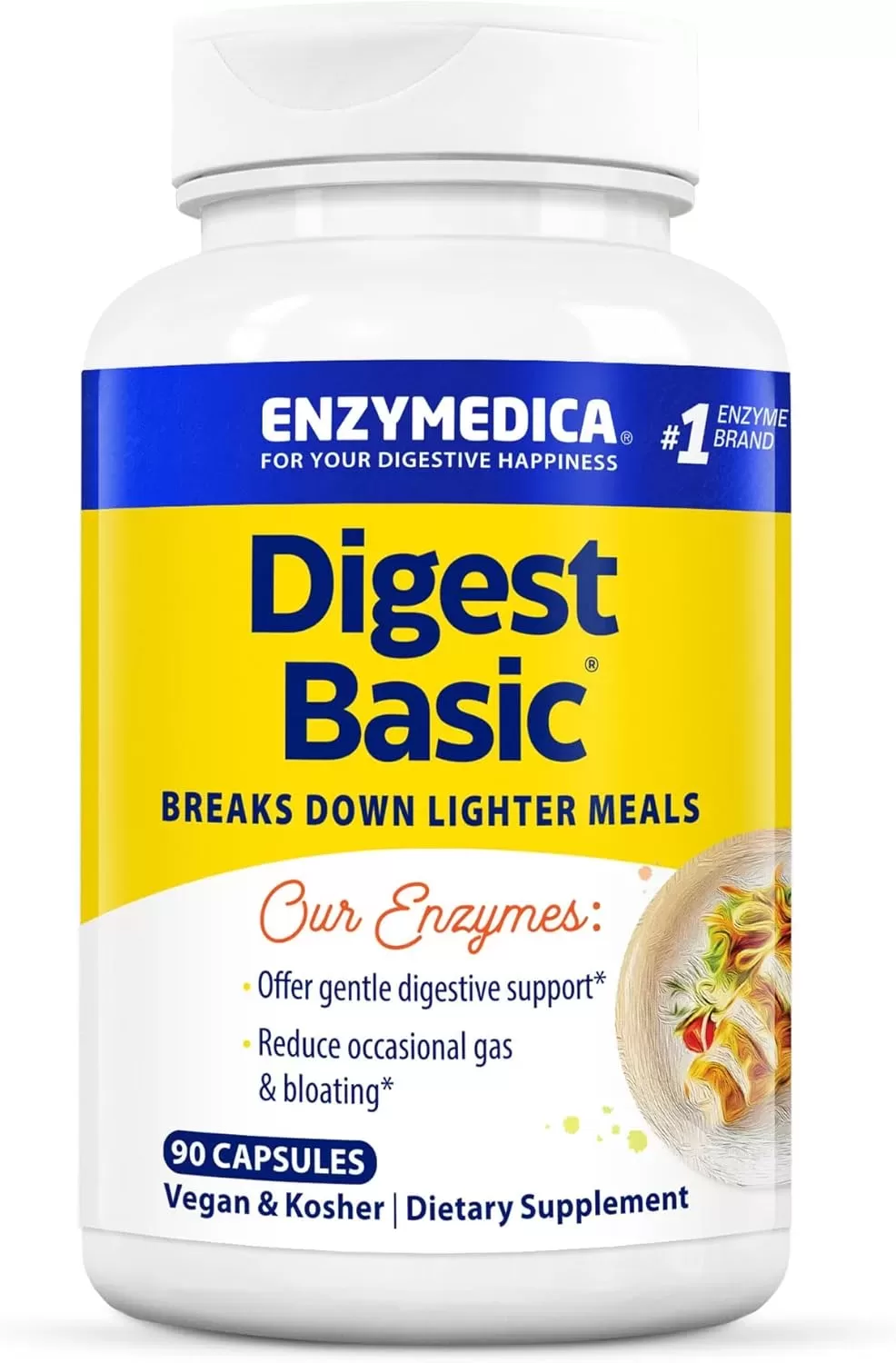
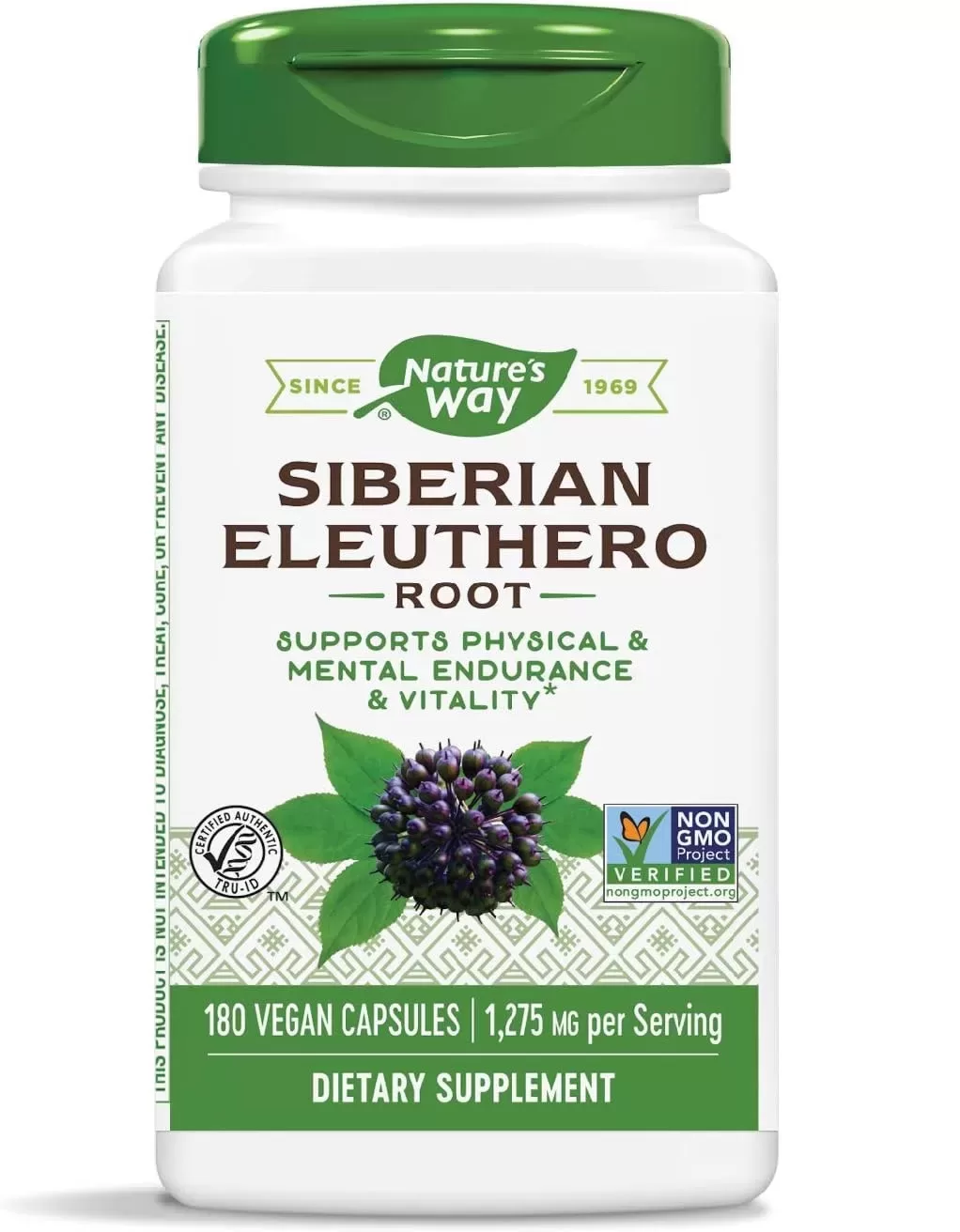


Comments are closed.